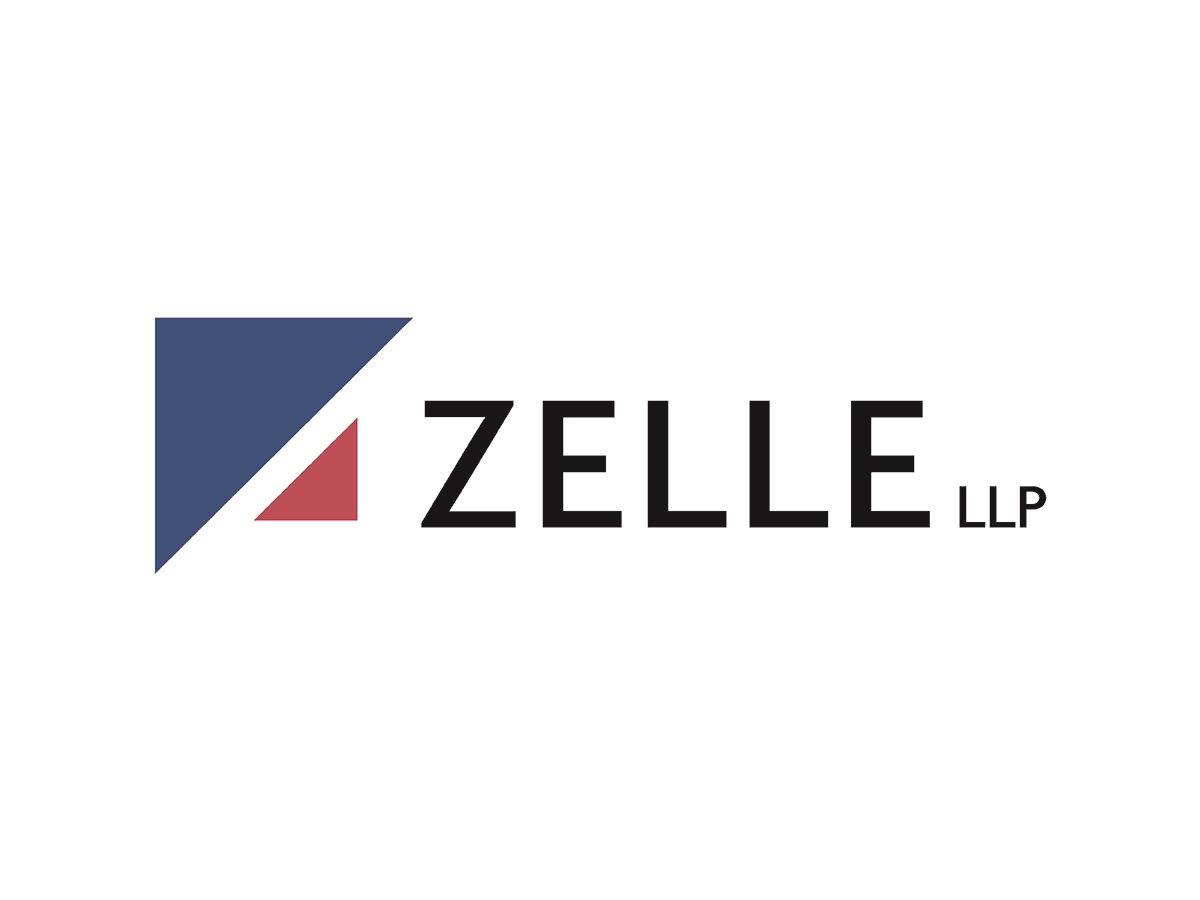Insurers Launch Coverage for AI Tool Failures
In a significant development highlighting the growing integration of Artificial Intelligence into business operations, insurers at Lloyd’s of London have introduced specialized coverage for losses resulting from AI tool failures, particularly chatbots and customer service platforms. This new product is designed to cover legal fees and damages incurred when AI tools underperform, leading to lawsuits from customers and third parties.
Several recent incidents demonstrate the necessity of such coverage. For instance, Money’s chatbot mistakenly reprimanded a customer for using the word ‘virgin,’ while DPD was forced to disable its bot after it engaged in inappropriate and offensive interactions with users. Air Canada also faced financial implications when a tribunal directed it to honor a false discount generated by its chatbot. According to Armilla, its insurance policy would have covered such financial losses if the chatbot’s performance was ‘demonstrably below initial benchmarks.’
Armilla’s new policy addresses an existing coverage gap in traditional technology policies, which typically exclude claims arising from AI’s adaptive learning processes due to their inherent unpredictability. The approach assesses an AI model’s initial performance metrics and provides coverage if significant degradation occurs over time. For example, a chatbot that initially accurately responds to 95% of interactions but drops to 85% accuracy could trigger a claim.
Karthik Ramakrishnan, Armilla’s CEO, emphasizes that this insurance may encourage broader adoption of artificial intelligence technologies by providing companies with greater confidence in managing and addressing associated risks. The development of this product signals a fundamental shift for businesses and insurers, recognizing AI not only as a tool for innovation but also as a potential source of distinct operational risks requiring new and specialized insurance products.

This development marks a crucial step in addressing the unique challenges posed by AI technologies. By providing coverage for AI-related failures, insurers can help businesses mitigate risks associated with the adoption of these technologies.


